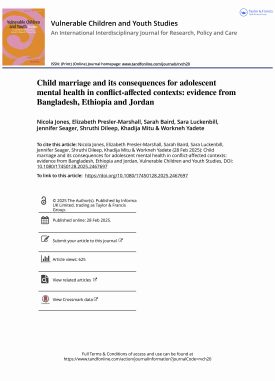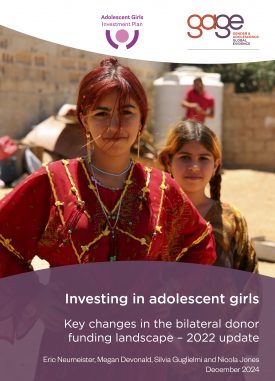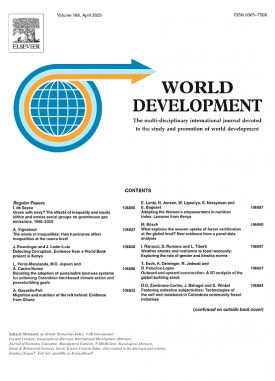Even before Gaza reported its first cases of covid-19 on 22 March, there were serious concerns about how to tackle the virus in one of the most vulnerable and densely populated areas on the globe, where social distancing is hard to implement, the economy is already precarious, and in a context that has suffered from the negative repercussions of 14 years of a strict international blockade and deliberate de-development. With the declaration of a ‘state of emergency’ in the Palestinian territories on 5 March after the first reported cases of covid-19 in the West Bank, Palestinian authorities decided to close schools and education facilities, restaurants, cafes, hotels, markets, wedding halls and religious places. For decades, the majority of families in Gaza have been living hand-to-mouth with unemployment and food insecurity affecting more than 50% of the population.2 With the lockdown and the closure of small businesses, people who depended on a daily income lost any means of providing for their families. Despite the political rift between Gaza and Ramallah, the Palestinian Authority and Gaza’s de facto authorities have been coordinating and cooperating to address the crisis, although this is not without some friction and competition among the two bodies.
In response to growing calls to ensure that national and international responses to the covid-19 situation are inclusive of all social groups, including refugee communities, and context-tailored, this policy brief draws on virtual qualitative interviews with vulnerable young people in Gaza to better understand the compounded effects of the pandemic and the pre-existing economic and political crisis facing the country. It is part of a cross-country series designed to share emerging findings in real time from qualitative interviews with adolescents in the context of covid-19. The young people involved are part of the Gender and Adolescence: Global Evidence (GAGE) programme’s longitudinal research in the Middle East, East Africa and South Asia. More specifically, this brief draws on data from 48 telephone conversations with vulnerable 11–19-year-old Palestinian adolescent boys and girls, including married girls and adolescents with disabilities, held in April and May 2020.
Suggested citation
Hamad, S., Abu Hamra, E., Diab, R., Abu Hamad, B., Jones, N. and Małachowska, A. (2020) ‘Listening to young people’s voices under covid-19. Exploring the impacts of covid-19 on adolescents in the Gaza Strip.’ Policy brief. London: Gender and Adolescence: Global Evidence. (https://www.gage.odi.org/publication/exploring-the-impact-of-covid-19-on-adolescents-in-the-gaza-strip/)


